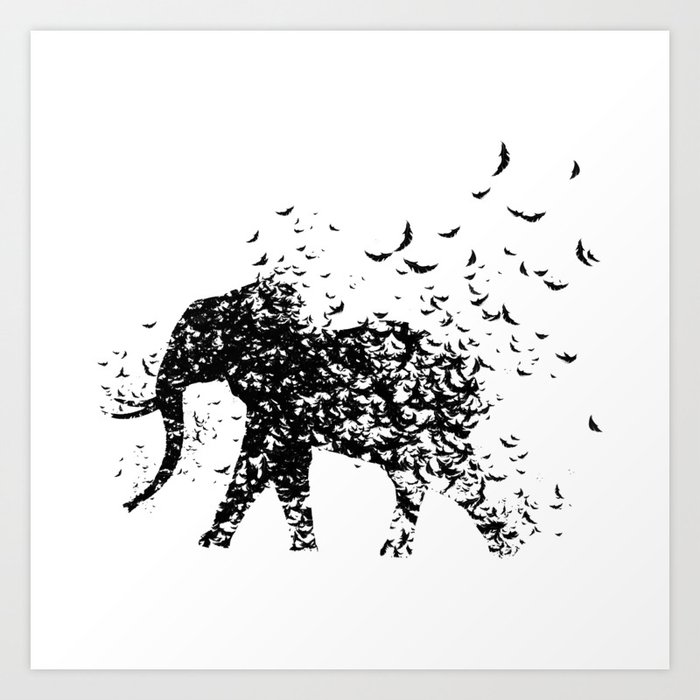Moses heard a shepherd on the road praying,
“God,
where are you? I want to help you, to fix your shoes
and comb your hair. I want to wash your clothes
and pick the lice off. I want to bring you milk
to kiss your little hands and feet when it’s time
for you to go to bed. I want to sweep your room
and keep it neat. God, my sheep and goats
are yours. All I can say, remembering you,
is ayyyy and ahhhhhhhhh.”
Moses could stand it no longer.
“Who are you talking to?”
“The one who made us,
and made the earth and made the sky.”
“Don’t talk about shoes
and socks with God! And what’s this with your little hands
and feet? Such blasphemous familiarity sounds like
you’re chatting with your uncles.
Only something that grows
needs milk. Only someone with feet needs shoes. Not God!
Even if you meant God’s human representatives,
as when God said, ‘I was sick, and you did not visit me,’
even then this tone would be foolish and irreverent.
Use appropriate terms. Fatima is a fine name
for a woman, but if you call a man Fatima,
it’s an insult. Body-and-birth language
are right for us on this side of the river,
but not for addressing the origin,
not for Allah.”
The shepherd repented and tore his clothes and sighed
and wandered out into the desert.
A sudden revelation
came then to Moses. God’s voice:
You have separated me
from one of my own. Did you come as a Prophet to unite,
or to sever?
I have given each being a separate and unique way
of seeing and knowing and saying that knowledge.
What seems wrong to you is right for him.
What is poison to one is honey to someone else.
Purity and impurity, sloth and diligence in worship,
these mean nothing to me.
I am apart from all that.
Ways of worshiping are not to be ranked as better
or worse than one another.
Hindus do Hindu things.
The Dravidian Muslims in India do what they do.
It’s all praise, and it’s all right.
It’s not me that’s glorified in acts of worship.
It’s the worshipers! I don’t hear the words
they say. I look inside at the humility.
That broken-open lowliness is the reality,
not the language! Forget phraseology.
I want burning, burning.
Be friends
with your burning. Burn up your thinking
and your forms of expression!
Moses,
those who pay attention to ways of behaving
and speaking are one sort.
Lovers who burn
are another.
Don’t impose a property tax
on a burned-out village. Don’t scold the Lover.
The “wrong” way he talks is better than a hundred
“right” ways of others.
Inside the Kaaba
it doesn't matter which direction you point
your prayer rug!
The ocean diver doesn't need snowshoes!
The love-religion has no code or doctrine.
Only God.
So the ruby has nothing engraved on it!
It doesn't need markings.
God began speaking
deeper mysteries to Moses. Vision and words,
which cannot be recorded here, poured into
and through him. He left himself and came back.
He went to eternity and came back here.
Many times this happened.
It’s foolish of me
to try and say this. If I did say it,
it would uproot our human intelligences.
It would shatter all writing pens.
Moses ran after the shepherd.
He followed the bewildered footprints,
in one place moving straight like a castle
across a chessboard. In another, sideways,
like a bishop.
Now surging like a wave cresting,
now sliding down like a fish,
with always his feet
making geomancy symbols in the sand,
recording
his wandering state.
Moses finally caught up
with him.
“I was wrong. God has revealed to me
that there are no rules for worship.
Say whatever
and however your loving tells you to. Your sweet blasphemy
is the truest devotion. Through you a whole world
is freed.
Loosen your tongue and don’t worry what comes out.
It’s all the light of the spirit.”
The shepherd replied,
“Moses, Moses,
I’ve gone beyond even that.
You applied the whip and my horse shied and jumped
out of itself. The divine nature and my human nature
came together.
Bless your scolding hand and your arm.
I can’t say what has happened.
What I’m saying now
is not my real condition. It can’t be said.”
The shepherd grew quiet.
When you look in a mirror,
you see yourself, not the state of the mirror.
The flute player puts breath into a flute,
and who makes the music? Not the flute.
The flute player!
Whenever you speak praise
or thanksgiving to God, it’s always like
this dear shepherd’s simplicity.
When you eventually see
through the veils to how things really are,
you will keep saying again
and again,
“This is certainly not like
we thought it was!”
~ Rumi
translation by Coleman Barks




































